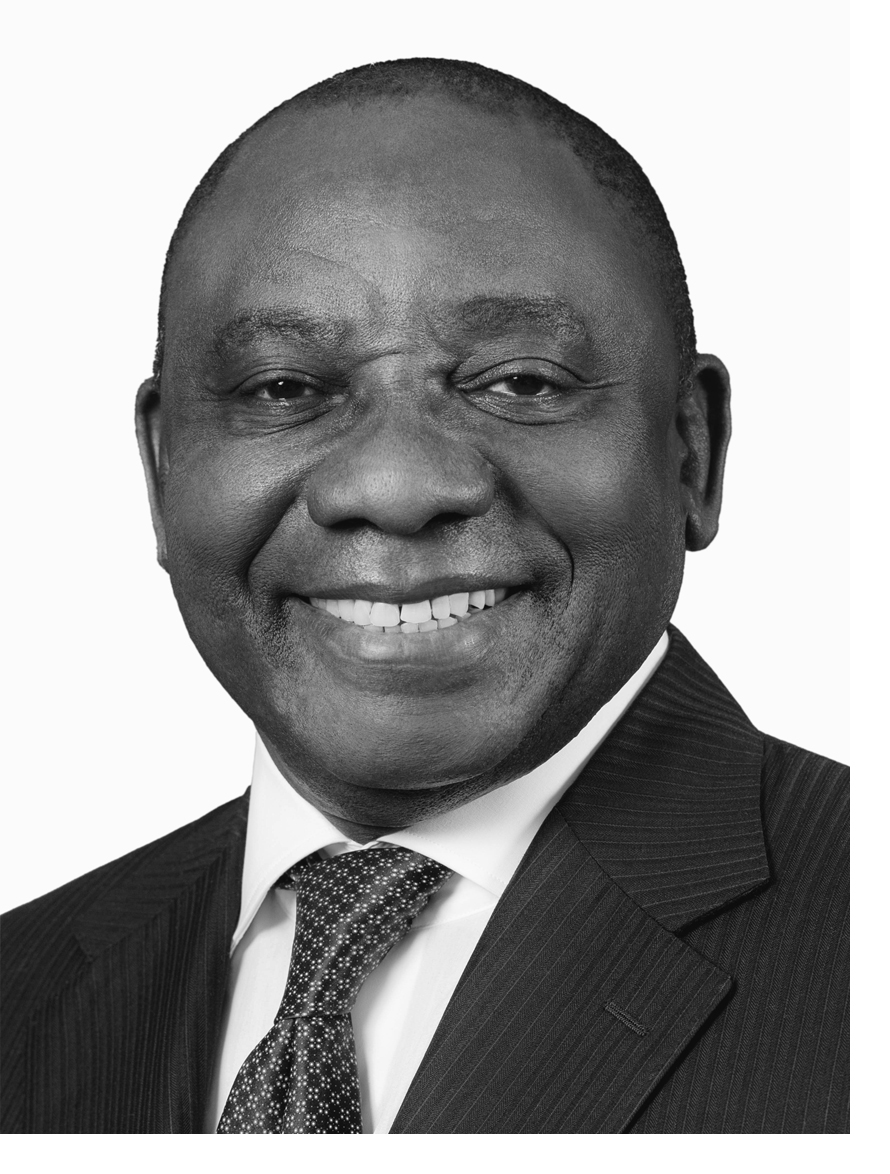President Cyril Ramaphosa’s statement during the Plenary Session of 11th BRICS Summit, Brasilia, the Federative Republic of Brazil

Your Excellency, President Jair Bolsonaro,
Your Excellency, President Vladímir Putin,
Your Excellency, Prime Minister Narendra Modi,
Your Excellency, President Xi Jinping,
Ministers, Ambassadors and Senior Officials,
I wish to commend Brazil for the great progress that has been made during its chairship of BRICS.
This is an opportune moment for us to reflect on how cooperation between BRICS member states can lead to and enhance economic development for the betterment of our societies.
It will be recalled that BRICS Leaders adopted the BRICS Economic Partnership Strategy at the 7th BRICS Summit in 2015.
This Strategy aims to promote mutual trade and investment and create a business-friendly environment for investors and entrepreneurs in all BRICS countries.
It strives for inclusive economic growth to eradicate poverty, address unemployment and promote social inclusion.
Importantly, the Strategy seeks to foster innovative economic development based on advanced technologies and skills development.
There is much that still needs to be done to implement and benefit from what we agreed in 2015.
In particular, there is tremendous scope to expand the value of trade and investment between BRICS countries, and to address the trade imbalance between our economies.
As a country that is primarily an exporter of commodities to its BRICS partners, South Africa supports a shift towards complementary and value-added trade.
To encourage the growth and diversification of our economy, last week we hosted our second national Investment Conference.
The Conference is a platform for government to share with investors the progress it is making towards political and economic renewal, strengthening the credibility of public institutions and unlocking the innovative capacity of South Africa’s economy.
Over the past year, government has made steady progress with improving the ease of doing business in South Africa by focusing on factors that contribute to the country’s improved competitiveness.
Even under great fiscal pressure, South Africa’s macroeconomic environment has proven resilient.
South Africa is emerging from a period of difficulty as it confronts challenges that are immense, but not insurmountable.
Economic growth and job creation are at the centre of our national agenda.
Civil society, government, organised labour and the international community are all pooling resources and capabilities towards developing and implementing practical solutions to the challenges we are confronting.
Africa as a whole is now more than ready to partner with investors with the launch of the African Continental Free Trade Area, which comes into effect in May 2020.
This is the realisation a dream of the founding fathers of the African Union.
It will bring into a single market 54 nations, with a total population of about 1.2 billion people and a combined GDP of over $3 trillion.
In addition to its economic impact, the African Continental Free Trade Area will have far-reaching political, social, physical and international effects.
it will improve access to existing markets and lead to the creation of new ones.
It will also strengthen trade ties with other regions of the world.
BRICS member states will reap the economic benefits of such partnerships as they are already active on the continent.
Your Excellencies,
As BRICS partners, we have embraced the opportunities and challenges of the 4th Industrial Revolution.
During South Africa’s Chairship of BRICS in 2018, we agreed to the establishment of the BRICS Technical Advisory Group on the Partnership for the New Industrial Revolution – known as PartNIR.
PartNIR aims to further strengthen the work of the BRICS Economic Partnership Strategy to accelerate economic growth, job creation and the broader socio-economic benefits.
I am glad that our Ministers of Trade have now adopted the Terms of Reference that will guide the operations of PartNIR.
One of the focus areas identified for PartNIR is to support the growth of small, medium and micro enterprises and cooperatives – especially those owned by women, youth and other disadvantaged groups – and to enable them to access markets within BRICS and beyond.
Small business development is globally recognised as critical to addressing the challenges of job creation, poverty alleviation and inequality.
It is estimated that in South Africa, SMMEs constitute 91% of formalised businesses, provide employment to about 60% of the labour force and accounts for roughly 34% of GDP.
South Africa is developing policies, trade positions and mandates that will promote the growth of SMMEs and co-operatives through international agreements and structures such as BRICS.
The achievement of economic and social progress in our countries requires greater focus on the empowerment of women in all spheres of society.
It was with this in mind that South Africa, during its 2018 BRICS Chairship and as part of a legacy project to mark a decade of BRICS cooperation, initiated the BRICS Women’s Forum.
We also supported the work being undertaken towards the establishment of the BRICS Business Women’s Alliance.
South Africa wants to express its continued commitment to the advancement of women through both the BRICS Women’s Forum and the BRICS Business Women’s Alliance.
South Africa is particularly eager to work with its BRICS partners on the various initiatives in the economic sphere that I have mentioned, as well as on initiatives under the other three BRICS pillars of cooperation.
We must continue collectively to work together to implement the important initiatives that we have agreed at past Summits and during this one, including the creation of the physical BRICS Vaccine Research Centre in South Africa that we agreed to last year in Johannesburg.
An important part of the value and the strength of the BRICS formation is the attention that it dedicates to partnership across a broad range of issues that affect not only the progress in each of our countries, but also the progress of humanity as a whole.
Working together we can prosper and grow.
I thank you.




